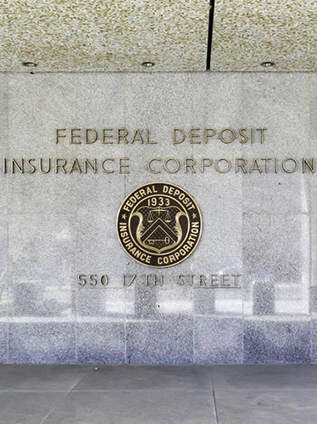Your credit report is a key financial document used by lenders to determine if you’re eligible for a loan, and it may also be checked when you apply for a job, sign up for insurance, or go to rent a property. When you’re trying to establish financial goals like buying a house, saving for school, or paying down debt, understanding the components that make up your credit score is a vital.
If you’re unfamiliar with your report beyond your score, it’s a good idea to brush up on the basics. Not only will this help you boost your financial health, it can help you protect yourself against things like identity theft.
Having a strong credit report starts with responsibly managing debt and doing things like:
- Paying your bills on time
- Not opening too many credit accounts
- Maintaining a financially healthy difference between available credit and the credit you’re using
But it doesn’t end there. Ultimately, your score is only as accurate as the information included in your credit report—and even credit bureaus can make mistakes. That’s why you’ll want to carefully review your credit report for accuracy. An error could indicate you’ve been the victim of identity theft—something you’d want to correct right away.



